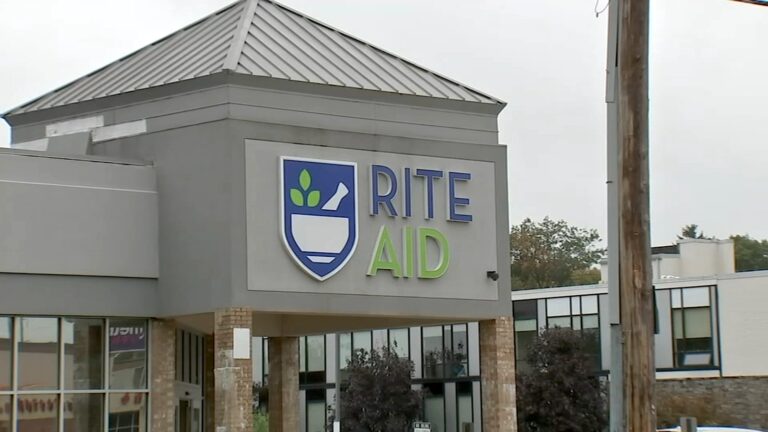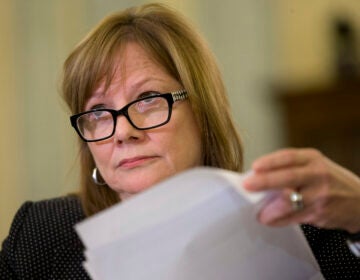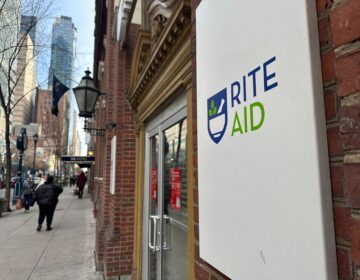Rite Aid pharmacy chain plans to close hundreds of stores as part of bankruptcy plan
Rite Aid, which is now based in Philadelphia, has nearly 2,100 stores nationwide.

Rite Aid will be closing hundreds of more stores. (6abc)
This story originally appeared on 6abc.
Philadelphia-based Rite-Aid pharmacy will soon shutter hundreds of its stores nationwide.
Action News has learned the closures are part of a bankruptcy plan amid mounting debt and legal threats.
The pharmacy chain, headquartered at the Navy Yard, has already closed several local stores in recent months, including one at 23rd and Walnut streets and another at 19th and Arch streets in Center City.
It’s proposing to shutter an additional 25% of its stores, equating to some 400 to 500 locations.
“People are going to have to go further for their pharmacies where the company doesn’t have the resources to properly staff,” said Wendell Young who is President of Local 1776, the union that represents many Rite-Aid workers “They are going to find longer lines, probably some challenges getting things timely.”
Young said it is still unclear how many stores or employees will be affected in our area.
“It is mostly women. Hard-working women who took these jobs on part-time while raising a family and they really run these stores,” he said.
Pharmacies have been struggling due to an evolving landscape in this digital world but also how drugs are paid for, reimbursed and sold at the pharmacy level.
Rite-Aid competitor CVS announced nearly 1,000 store closures in 2021.
“It all comes down to money,” said Rob Frankil. “If you don’t have enough money to pay the bills that means you don’t have enough money coming in.”
Frankil is a former pharmacy owner and now leads the non-profit Philadelphia Association of Retail Druggists.
He said the system is broken.
Frankil worries RiteAid’s bankruptcy proposal will create more pharmacy deserts, affecting the poor and underserved communities the most.
“Where are they going to get the drugs they need if they need to now travel several miles? And you know several miles is a long way to go,” he said.
Simply put: people are going to have to find a new pharmacy.
WHYY is your source for fact-based, in-depth journalism and information. As a nonprofit organization, we rely on financial support from readers like you. Please give today.




